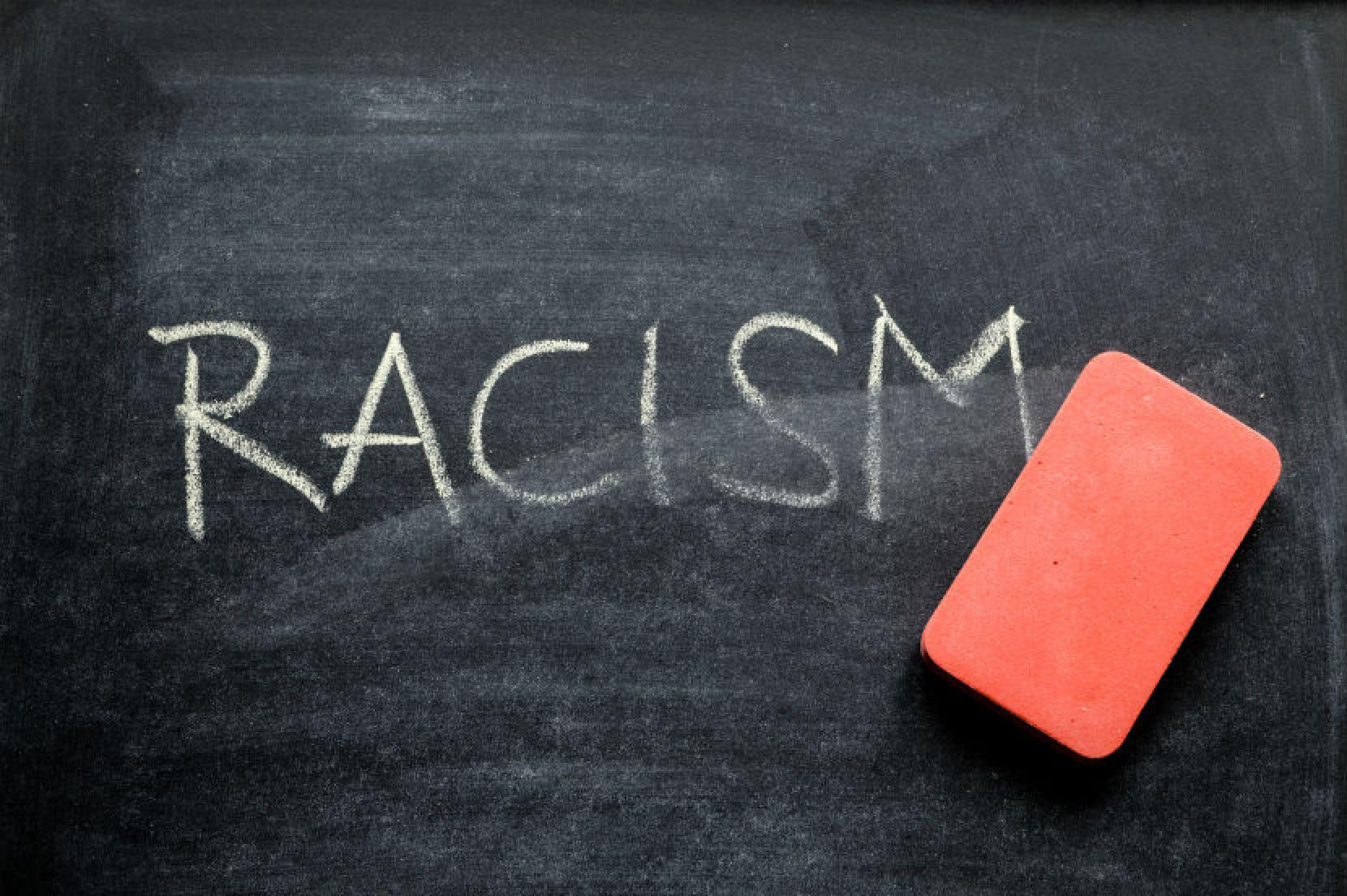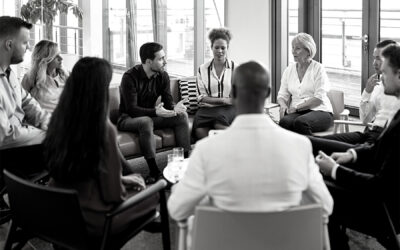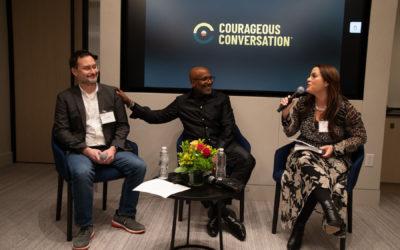By Richard J. Reddick—May 15, 2018
It has been a banner year for discrimination.
Two recent events on college campuses at Colorado State University and Yale bring issues of hyper-surveillance and white supremacy to the forefront.
At Colorado State University, a White woman stated “she was nervous” and called campus police after noticing two Native American young men on the tour (who had not said, or done anything). More recently, a video of a Black graduate student at Yale went viral after a White woman called the police because they graduate student was sleeping in a common area of a campus building.
The ultimate outcome in both incidents was that the people of color assumed to be troublesome were questioned, surrendered significant time and endured psychological duress, but were ultimately released — with the trauma of being interrogated for existing.
The impact of stereotyping and bias for black people and other people of color is more than annoyance; institutional racism ensures that white people can enact their personal fears, no matter how irrational, into state-sanctioned consequences ranging from police involvement to violence. Our society reflects on the impact of personal prejudice on the lives of people of color and understands the repercussions of escalating individual experiences of mistrust.
Social media has ensured that these stories and others like them are part of the national consciousness, with hashtags such as #ShoppingWhileBlack and #NappingWhileBlack. The more appropriate hashtag might be #ExistingWhileBlack, as these instances experienced by black people and people of color illuminate how routine life experiences can take a radical turn for the worse when some white people respond to their own discomfort by calling security or police.
For people of color, police encounters for nonissues are not only annoying; they can also be catastrophic. There are legion examples of seemingly routine exchanges that have resulted in extreme escalation, including death.
In an era where terms such as “implicit bias” and “white privilege” are routinely used, it seems that too few are internalizing these messages and are inflicting real harm on innocent individuals who are simply living their lives.
Perhaps this is part of the message of Childish Gambino’s “This Is America” video, where police cars and a horseman of the apocalypse appear menacingly midway through the video, and where Gambino is running, fearful though he has achieved trappings such as expensive cars, he is still “just a big dawg,” “kenneled in the backyard,” which “ain’t life to a dog.”
A middle class existence, or an Ivy League education does not inoculate Black people to the debilitating impact of living in a society where White supremacy, enacted through the inescapable, everyday evocations of social power, overrides individual achievement.
For people of color, these experiences are commonplace and familiar, ranging from being followed or obtrusively asked to justify one’s presence in a space, to having institutional power (police, media, law) levied against us. Some might say, “What’s the harm, if you ultimately are found to be justifiably in a place?” Such a response speaks to an empathy gap — it is dehumanizing, time consuming, stressful and health affecting to live life in such a manner.
Certainly, such experiences are not limited to the young or those of a low socioeconomic background. Tennis pro James Blake and Harvard professor/TV presenter Henry Louis Gates Jr. have experienced unwarranted harassment and restraint from the police — because someone anonymously suspected them of ill intent.
These events are reminders to us all — but especially white people — that there are consequences to unchecked and immediate responses to discomfort. More need to ask: If this individual who causes me discomfort appeared to be white and middle class, would I respond similarly? If not, this is an indication that bias is directing this action, rather than an accurate assessment of the situation.
Read more at University of Texas at Austin News.




